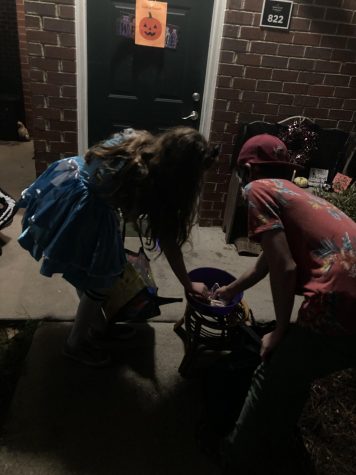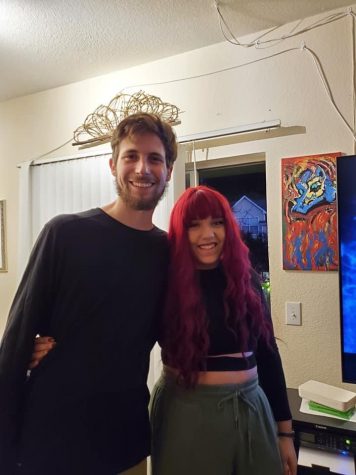Halloween Age Controversy
People should be allowed to trick or treat at any age. It should not be illegal to dress up and get candy over the age of 12.
Photo by Nick Fewings on Unsplash
Trick or treating is the best part of Halloween, but people are trying to take away the fun by adding age limitations to it.
Some cities have an actual trick-or-treat law that places an age limit on trick-or-treating. This law on Halloween age limits says that children over the age of 12 are not allowed to be trick-or-treating.
Many people think trick or treating should stop at the age of twelve and have gotten a law passed in some cities that says those over the age of 12 are not allowed to trick or treat. A 13-year-old can be fined up to $100 and charged with a misdemeanor for dressing up and getting candy on Halloween. I do not think that there should be an age limit on trick or treating. There are some pros and cons with the age limitation, but the pros outweigh the cons.

The downside about allowing those to trick or treat past the age of twelve is that older kids or adults may vandalize property but are wearing masks and costumes. Teenagers harass the younger children while walking around, doing things like stealing their candy.
Children under the age of 13 also normally dress kid-friendly, whereas if there are old kids wearing scary costumes, the younger kids might get too scared and just want to go home. There could also be people wearing inappropriate costumes that parents do not want their children to see. It could ruin the younger kids’ night if they have to go home early or do not enjoy their one night of the year. Some teens even have to stay home to hand out candy to other trick-or-treaters while the parents and littler kids go out. This means they do not need to get candy if they have it at home or can just go buy some of their own.

The upside to allowing those to trick or treat past the age of twelve is that those who genuinely enjoy trick or treating can still do it, it does not ruin their good memories. Some families have their older children taking their younger siblings out while they stay home. This gives siblings a good bonding moment if they both have a fun time. Children would not have to worry about whether they could get in trouble for going out or not. It also allows teens to celebrate Halloween in a safer way than going to parties and drinking.
Teenagers still like to celebrate Halloween and if they are not allowed to trick or treat, they want to do something. Some young people with special needs may be 18 but could potentially be mentally 10. This could be their favorite holiday, and for them to get charged with a misdemeanor because of the age limitation is an obvious miscarriage of justice. Limiting trick or treating also prevents teens from interacting with the community and getting to know each other. There are neighbors who do not know each other and have lived in the same neighborhood for years; this gives them the opportunity to meet one another.
Trick or treating should be allowed for everyone. We should not set an age limit on a holiday nor make it possible for a child to be fined or charged with a misdemeanor.



